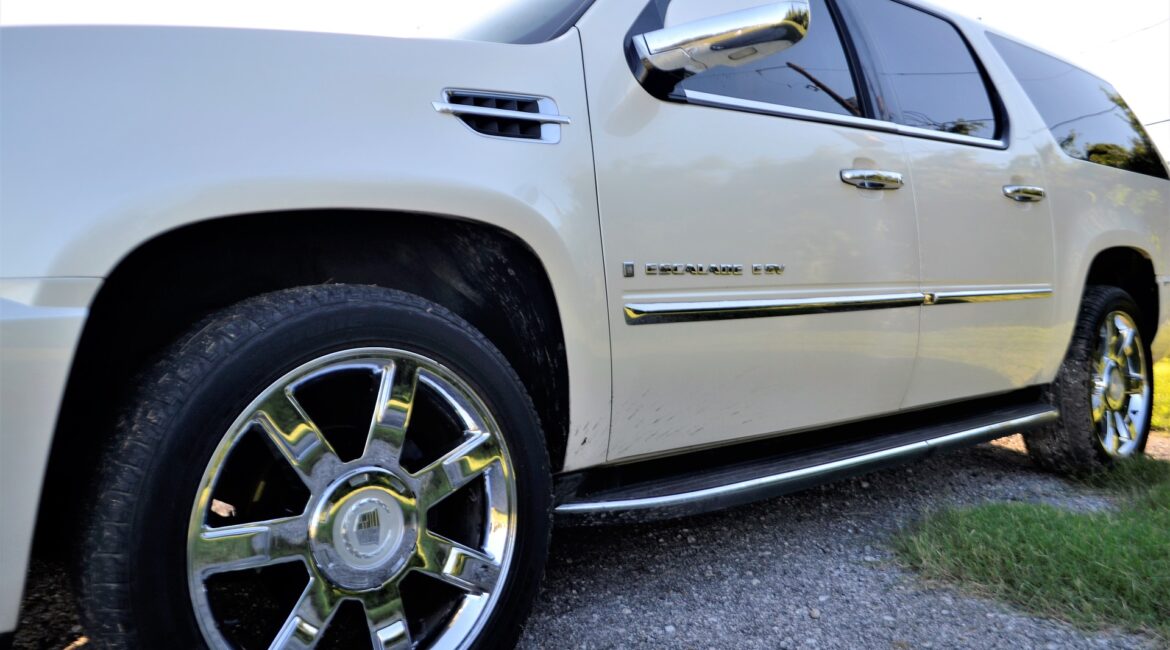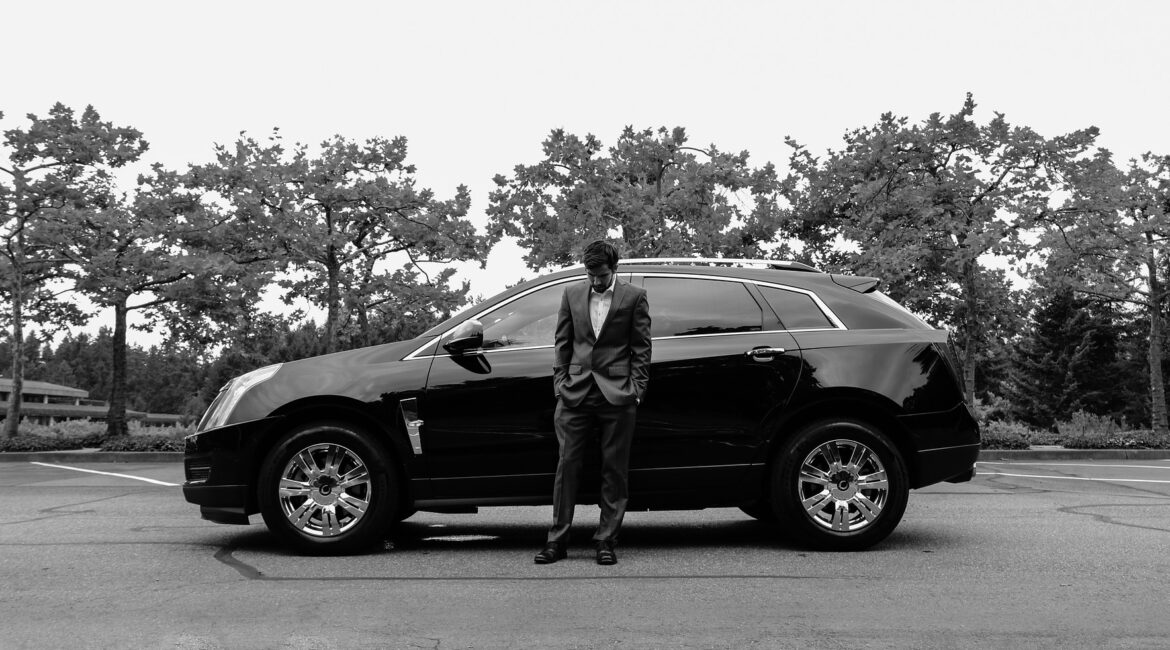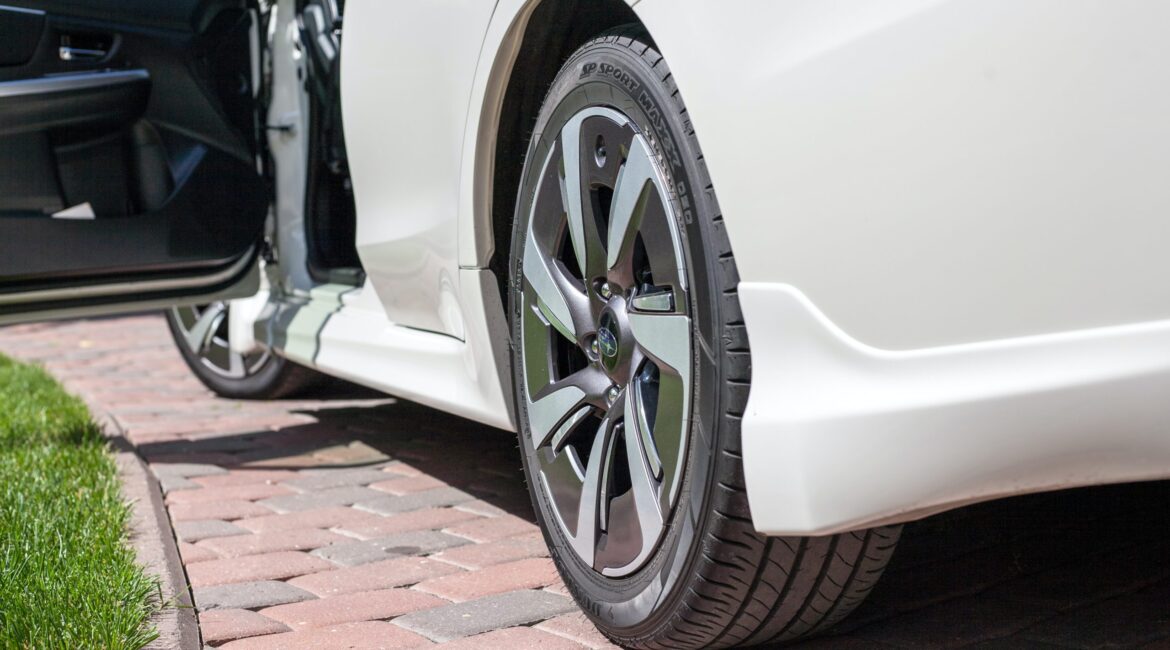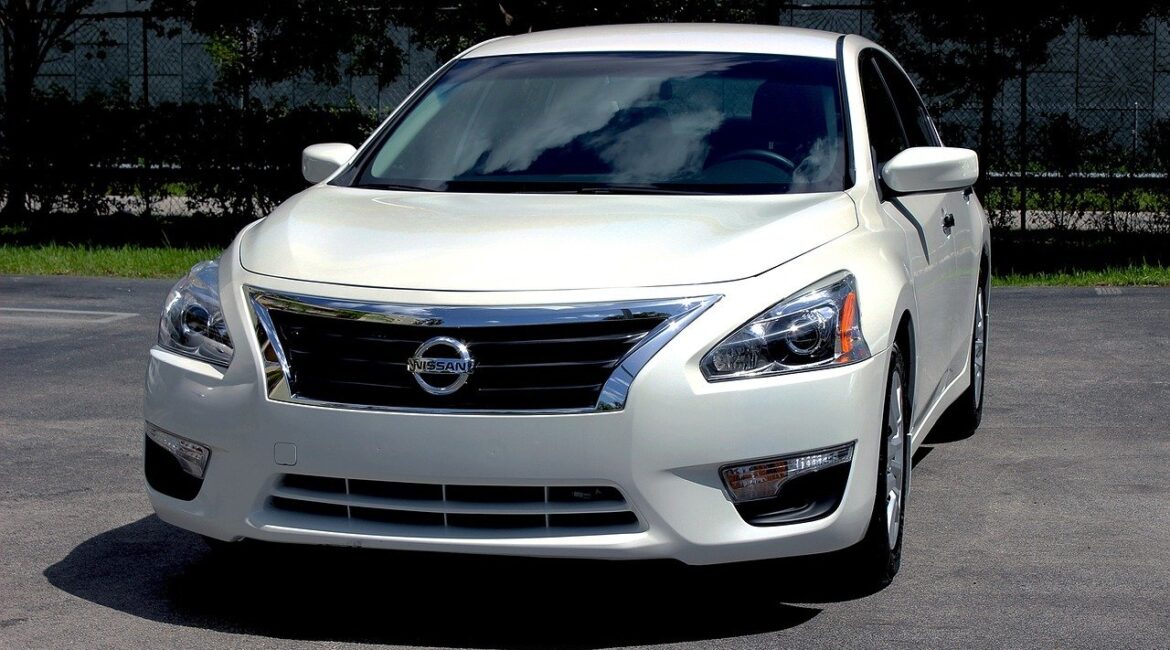GM warns that wheel reconditioning is a dangerous practice in collision repair. Nearly every car manufacturer releases Position Statements explaining what methods of auto body repair they do or do not recommend. While some shops disregard these statements, we take a fine-tooth comb to the information they provide so that...
Auto Body Repair Facts
Why It’s Essential That GM Recommends Pre- and Post-Repair Scans for Your Cadillac
GM wants to ensure that your collision repair is done thoroughly. If your Cadillac has been in a collision, there are very specific steps that an auto body shop needs to take in order to optimize your vehicle’s repairs. One of the smartest things that a shop can do is...
Why Subaru Does Not Approve of Wheel Reconditioning and Why That’s Critical for Your Repair
Wheel reconditioning in collision repair can lead to a whole host of problems. If you are not familiar with wheel reconditioning, it is a process of using various tools and methods to try to repair a damaged wheel, instead of replacing it entirely. Some methods include welding, re-plating, or reshaping...
Subaru Recommends Only Using OEM Parts on Structural Repairs—Here’s Why You Should Care
Subaru wants you to have the highest-quality repair and that means using the best replacement parts. If you’re in a collision and need to take your Subaru to a shop for repairs, it only makes sense that you would want the job to be done as safely, efficiently, and cost-effectively...
Why Nissan Says You Should Not Use Aftermarket Parts in Collision Repair and Why That Matters to You
Nissan wants you to use the highest quality replacement parts in your repair. When you take your Nissan in for repairs, it is essential that you use dedicated Nissan OEM replacement parts in order to guarantee the best possible outcome for your vehicle. Nearly every car manufacturer releases “OEM...





